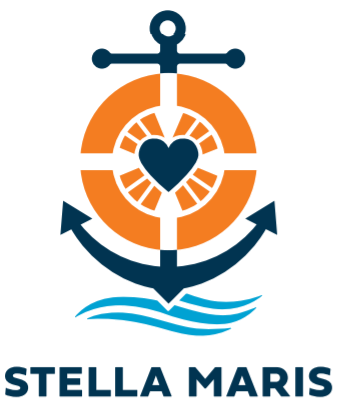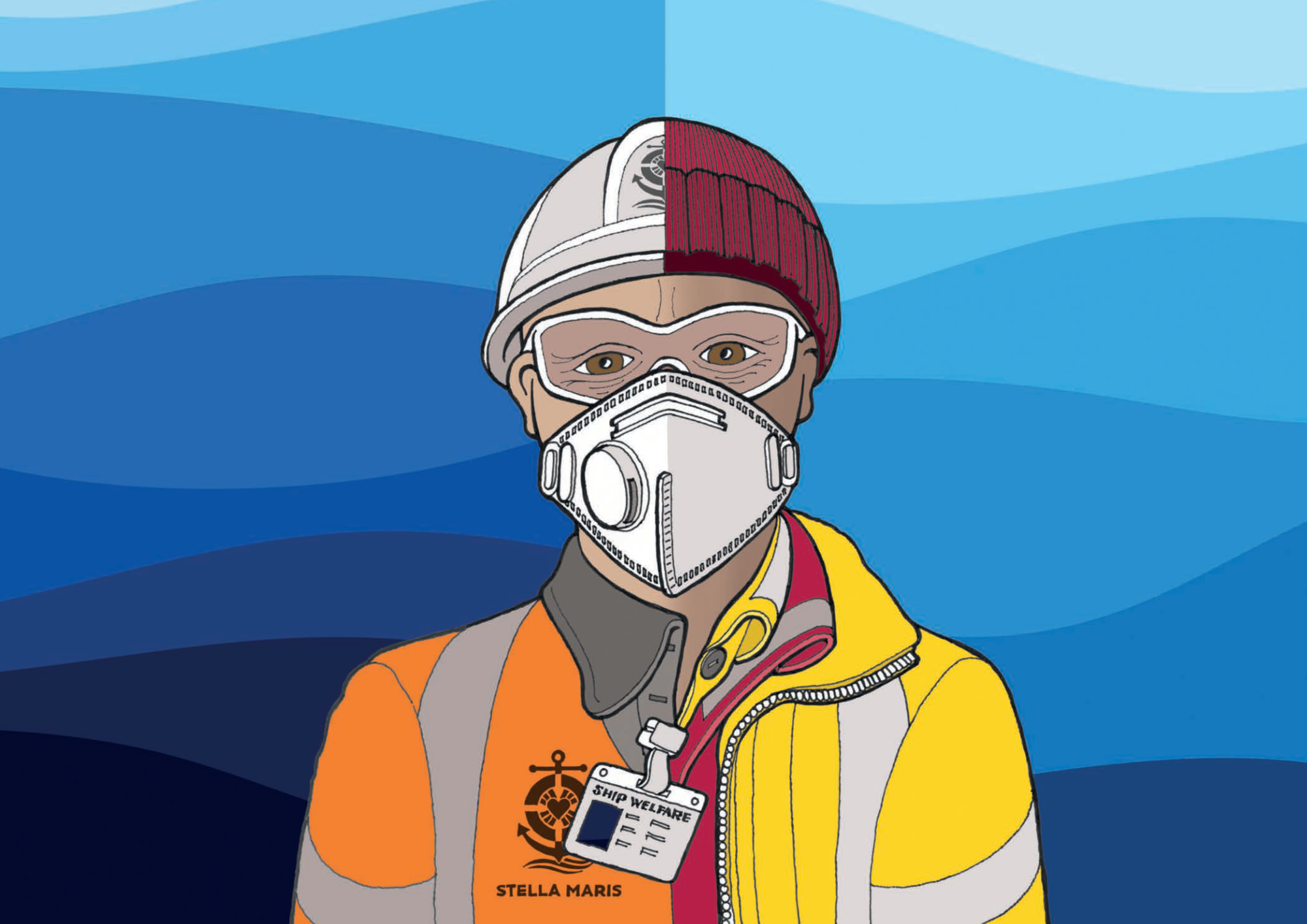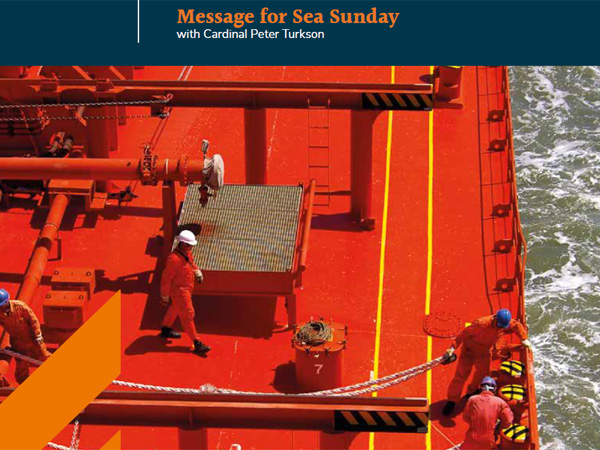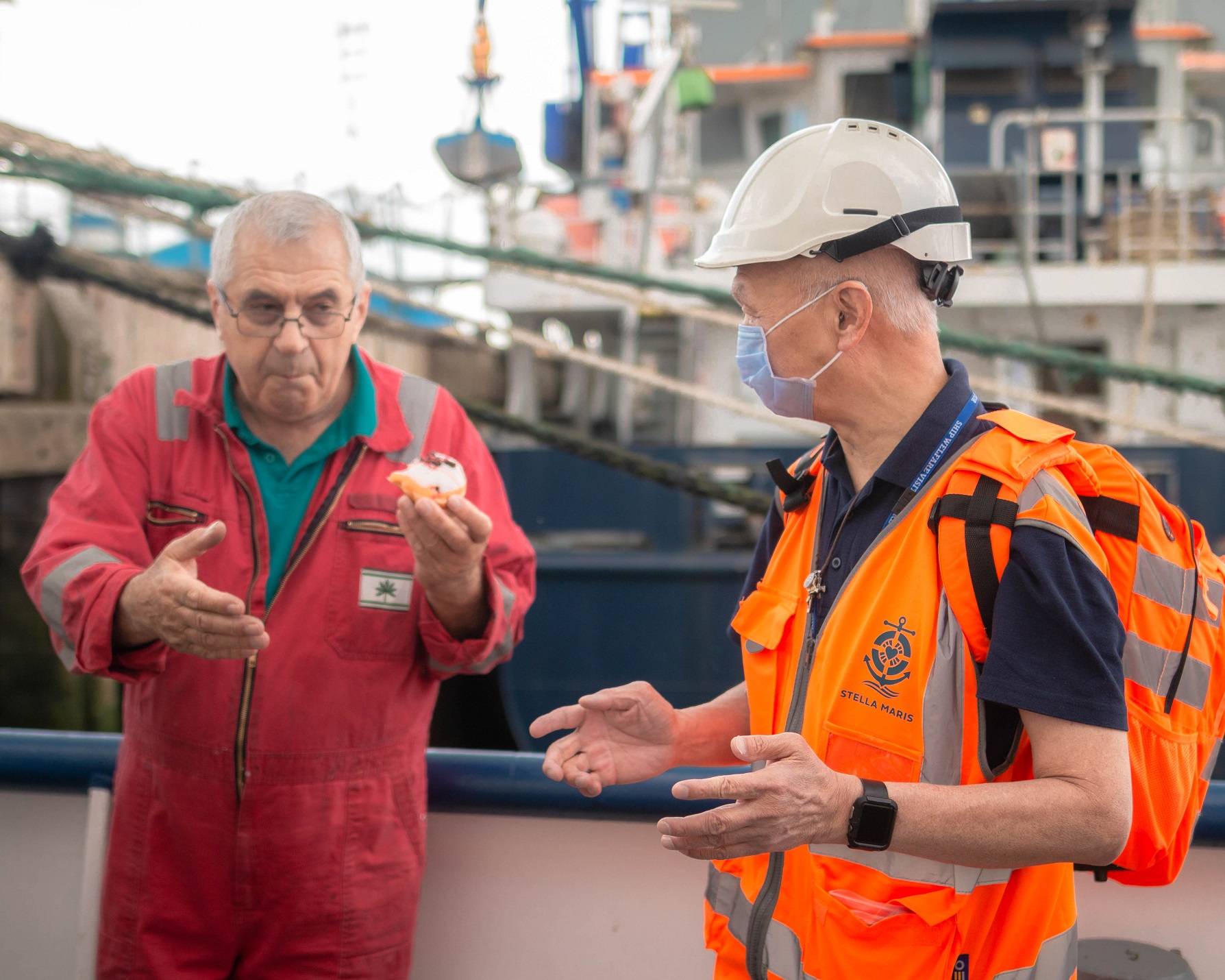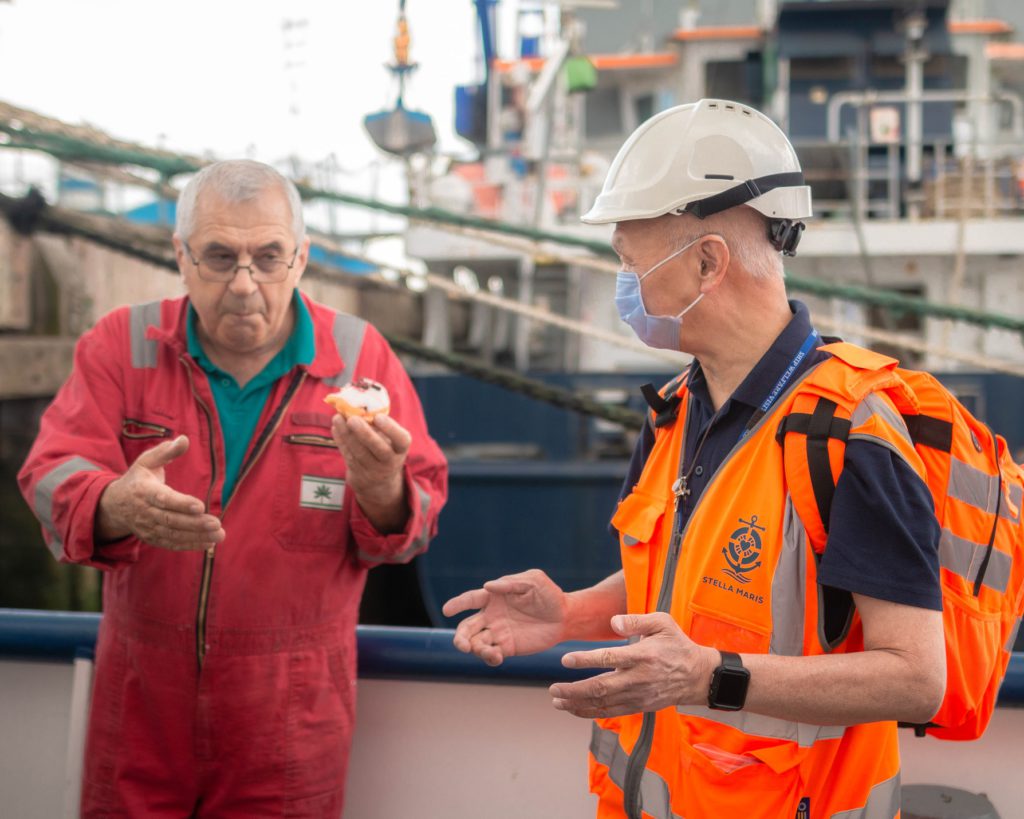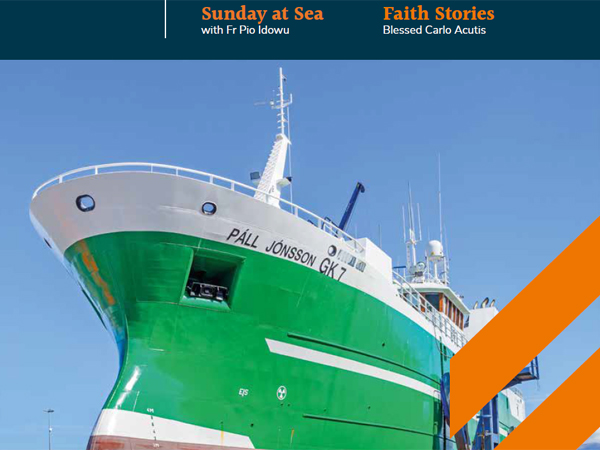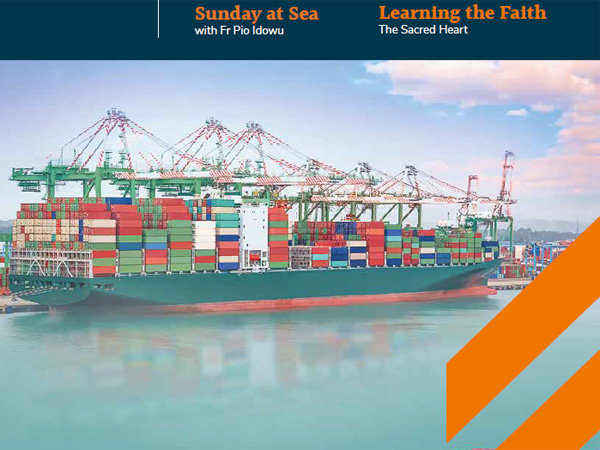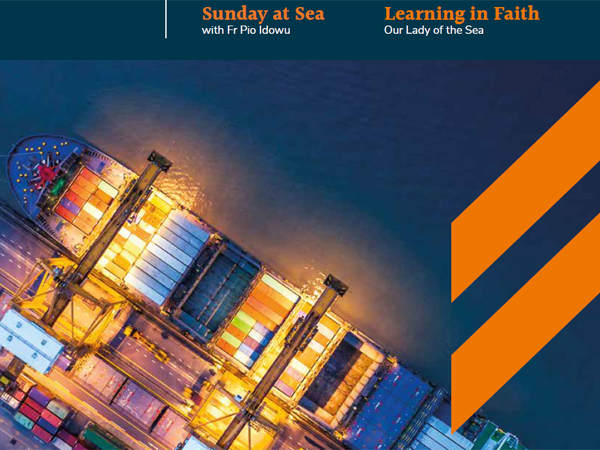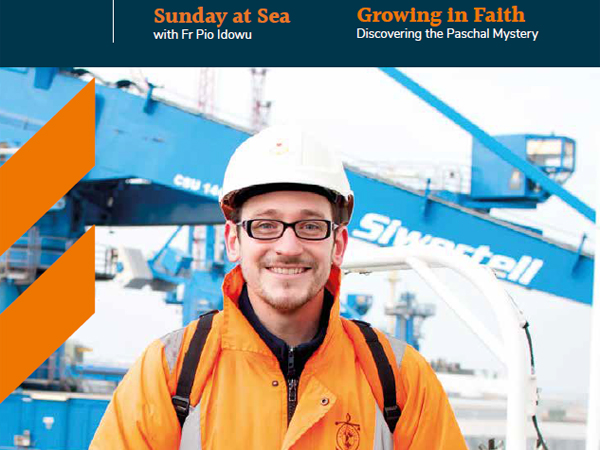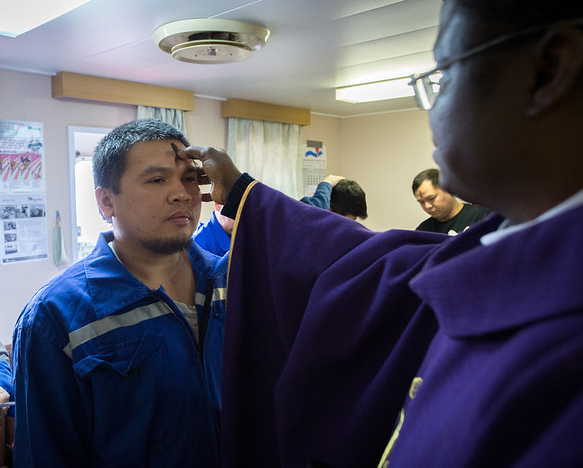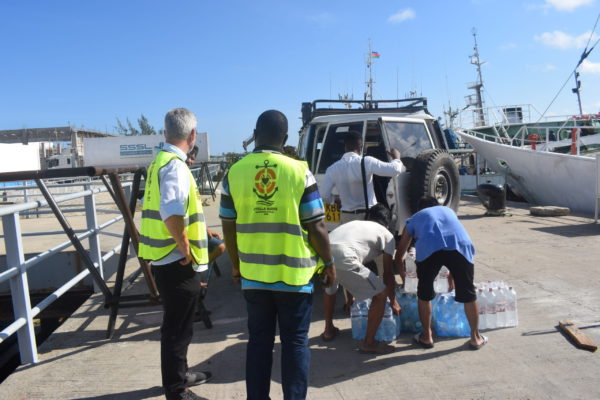
Concern is growing for the welfare of 16 crew members on a fishing vessel left abandoned in Mombasa port in Kenya since March this year.
The hungry and desperate seafarers on board had run out of food, except for some old vegetables, after the vessel owners stopped providing them with supplies last week.
The crew also say that they are owed wages for the last eight months and are increasingly worried about their families back home who are struggling to survive because of the loss of income.
The Kenyan-flagged vessel, Ra-Horakhty, is currently crewed by Indonesians, Koreans, and Vietnamese. Initially, there were Kenyans and Tanzanians on board, but they have since been repatriated and been paid the salaries owed to them.
Stella Maris has stepped in to provide emergency relief for the men, supplying a week’s worth of groceries, including oil, meat and rice. The food was donated by the office of the Archbishop of Mombasa, Bishop Martin Kivuva Musonde.
The seafarers are also in need of fresh water and diesel to run the ship’s generator.
Stella Maris Mombasa port chaplain Margaret Masibo said, “We were informed of the crew’s dire situation by the International Transport Workers Federation (ITF) inspector based here, so went to visit the vessel to assess the situation and see how best we could help. We invited the local Mission to Seafarers team to assist in our response.”
“We had a long conversation with the captain of the ship who said he and his crew were distressed, frustrated, hungry and exhausted,” she said.
Stella Maris understands that the men all signed one-year contracts. The contracts of six Indonesian fishermen expired five months ago but they are still on board. The men are unable to leave the port area because their documents are no longer valid.
This case illustrates a wider problem of seafarer and fisher abandonment. According to the International Labour Organization’s Abandonment of Seafarers database, 57 ships have been reported abandoned since the start of this year.
Stella Maris is often the first responder in these cases, supporting the seafarers and fishers but also their families back home who have been without income for months.
“The seafarers on board the Ra-Horakhty were extremely thankful for the support we provided them,” said Margaret. “They are however distressed, frustrated and uncertain of the future, and in need of accompaniment, counselling and assurance,” she added.
The crew, led by the captain, has begun to seek legal redress.
“The situation is becoming increasingly hopeless, and no one knows how long a court case will take, but Stella Maris will keep looking out for the crew’s wellbeing and monitoring the situation,” said Margaret.
* For further details and to find out how you can help please contact;
Margaret Masibo in Kenya at +254 (0) 721600664/[email protected] or
Jonathan Heard in the UK at +44 (0) 207 9011931/[email protected]

